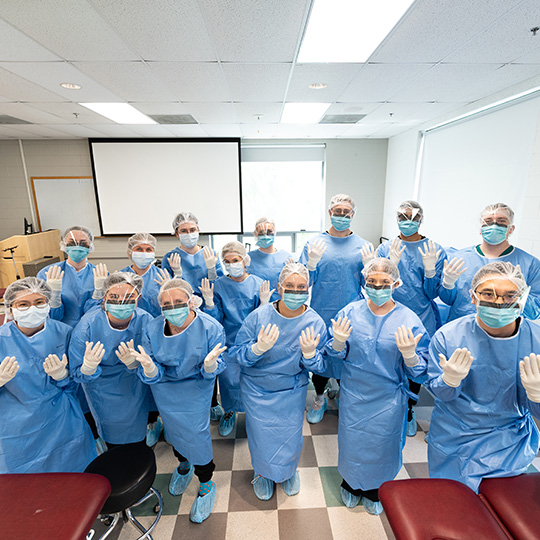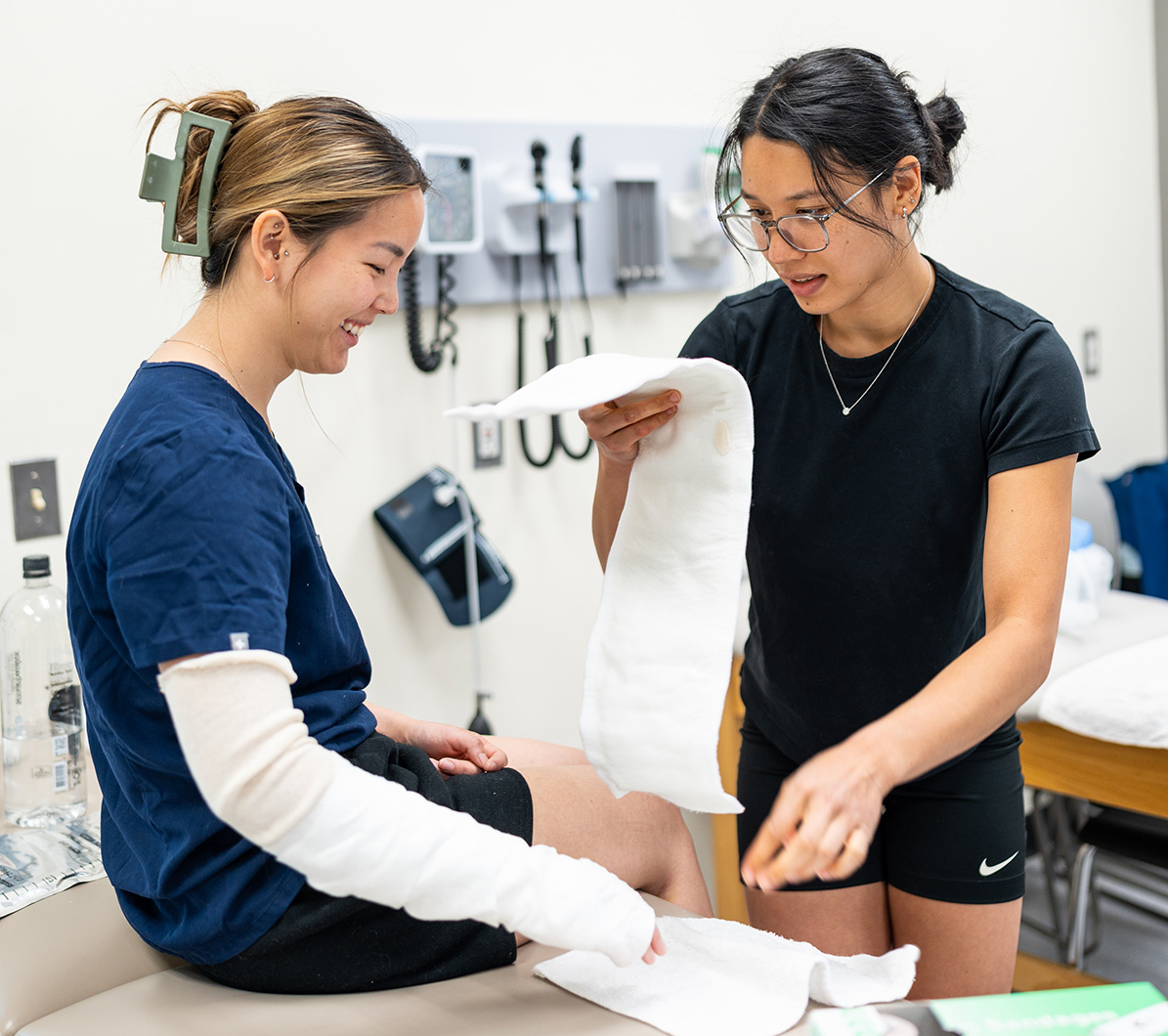
Accreditation
Physician Assistant Program at Arcadia University
The mission of the Arcadia Physician Assistant Program is to successfully educate compassionate and highly qualified medical professionals who are patient-centered and lifelong learners. We are committed to diversity, global awareness, and invested in preparing our students to excel in professionalism, leadership, and service.
Students who complete the educational requirements for Arcadia’s PA Program satisfy professional licensure or certification requirements in Pennsylvania, Delaware, and all other states, districts, and territories in the U.S. Our graduates can sit for the PA National Certification Examination administered by the NCCPA.


See the PAHx 2025 Winter Newsletter

Mission
The mission of the Arcadia Physician Assistant Program is to successfully educate compassionate and highly qualified medical professionals who are patient-centered and lifelong learners. We are committed to diversity, global awareness, and invested in preparing our students to excel in professionalism, leadership, and service.

Program Core Values
Commitment to RESPECT
Create an environment where everyone feels safe, heard, valued, and welcomed. This is fostered by being kind, active listening, welcoming diverse perspectives appreciating each other’s skills, experiences, and opinions.
Commitment to COMMUNICATION
Achieved by keeping everyone in the loop. This is accomplished by seeking clarity, welcoming discussions, responding in a timely manner, confirming understanding, and disseminating information broadly.
Commitment to INTEGRITY
Strive for honest and ethical actions. This is achieved by doing the right thing – even if it’s hard, being fearless, treating others how they want to be treated, and being consistent with actions and words.
Commitment to UNITY
Accomplished by working together to support each other. This is accomplished by being approachable, providing mentorship, cheering each other on, helping each other, and giving grace to each other.
Commitment to ACCOUNTABILITY
Attained by fulfilling commitments and accepting responsibility. This is successful through commitment to excellence, meeting deadlines, learning from mistakes, and leading by examples.

Program Goals and Outcomes
The goal of the PA profession is to cultivate trusted, rigorously educated, and trained healthcare professionals. PAs are dedicated to expanding access to care and transforming health and wellness through patient-centered, team-based medical practice.

